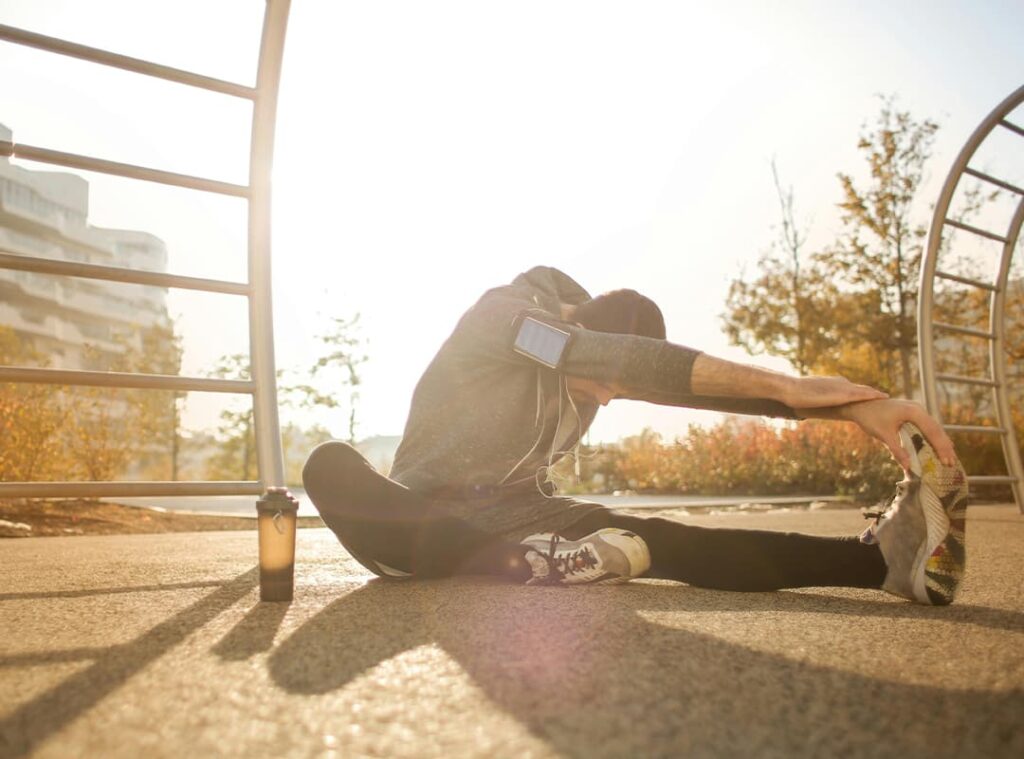Orienteering requires not only physical and mental effort, but also a proper approach to nutrition and recovery after training. These aspects play a key role in achieving high performance and keeping athletes healthy. In this article, we will look at how to eat right and recover from training in orienteering.
Importance of Proper Nutrition
Nutrition has a direct impact on an athlete’s performance, endurance and overall health. A proper diet helps maintain energy levels, speeds muscle recovery and improves overall body condition.
Basic Principles of Post-Training Nutrition
Carbohydrate replenishment
Carbohydrates are the body’s main source of energy. After an intense workout, it is important to replenish glycogen stores in the muscles. This can be done with carbohydrate-rich foods such as rice, pasta, potatoes and fruits.
Protein Nutrition
Protein is essential for muscle repair and growth. Include lean meat, fish, eggs, dairy products or plant proteins such as beans and nuts in your diet.
Fats
Don’t forget about healthy fats, which are essential for the body to function properly. Helpful sources of fats include avocados, nuts, seeds and olive oil.
Hydration
Restoring water balance is key after a workout. Drink adequate amounts of water or isotonic drinks to replenish lost fluids and electrolytes.
Examples of Recovery Foods
Bananas: A great source of carbohydrates and potassium, which helps prevent muscle cramps.
Yogurt with granola and fruit: A combination of protein and carbohydrates that aids in muscle recovery.
Oatmeal with nuts and honey: A nutritious breakfast that provides energy and essential nutrients.
Smoothie with greens and berries: A light and refreshing drink rich in vitamins and antioxidants.
Post-Training Recovery
Proper recovery helps avoid overtraining and injury and helps improve athletic performance.
Rest and Sleep
Sleep plays a critical role in your body’s recovery. Try to get at least 7-8 hours of sleep per night. Quality sleep promotes muscle recovery and overall body condition.
Stretching and Massage
Light stretching exercises and massage can help relax muscles, improve circulation and reduce muscle soreness.
Contrast Showers
Alternating hot and cold water improves blood circulation and speeds muscle recovery.
Active Recovery
Light aerobic exercise such as walking, swimming, or bicycling can help speed recovery without straining your muscles.
Example Recovery Day
Morning: Light jogging or yoga, followed by a nutritious breakfast (oatmeal with fruit and nuts).
Afternoon: Balanced lunch (chicken breast with vegetables and quinoa), followed by a light walk.
Evening: Stretching and contrast shower, high protein dinner (fish with green vegetables), snack before bed (Greek yogurt with berries).
Proper nutrition and recovery from training play a key role in orienteering. By following the above principles, you will be able to maintain high energy levels, improve your performance and prevent injuries. Remember that health is the basis for successful training and competition.
